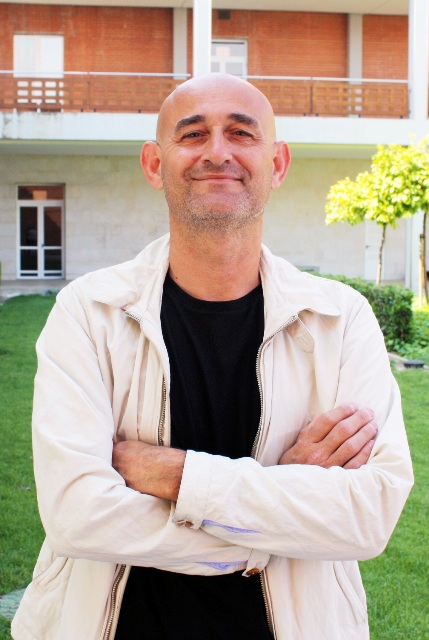The Mediterranean agroforestry landscape is at risk of disappearing and being replaced by low-biodiversity shrubs and woodlands. This is the main conclusion of a study conducted by Campus Gandia research scientist, Rafael Delgado Artés. The work is part of his doctoral thesis, which analyzed the patterns of evolution of the forest cover in the province of Castellon over the past 50 years. “It’s a paradigm of the territorial depopulation process and, therefore, representative in the Mediterranean basin,” according to Delgado.

The project seeks to explain changes in the landscape by way of the socio-economic and ecological factors that have occurred between the years 1957 to 2007, period during which the greatest sociological transformation took place in history. This change, according to Rafael Delgado is the result of two specific phenomena: on the one hand deagrarianization, and on the other depopulation of large areas after centuries of intense human pressure.
In this regard, rural abandonment has led to a very significant increase in dense forest cover. This situation, which is “unique in history” in the words of Rafael Delgado, means that for the first time ever, “the use of forest resources is lower than its growth, with all of its attendant adverse effects.”
In fact, the Valencian researcher argues that there has been a “huge decline in agricultural use, especially of the crops that have been the structuring of the landscape, while urban uses have higher relative growth, with limited impact at a territorial level, but with great local repercussions.”
GREATER ROLE OF FORESTLAND, SMALLER ROLE OF AGRICULTURE
The data collected in the investigation, which was directed by researchers at the Reforest group, predict that agriculture will stop having the major role in landscape structure that it has had in the past, in favor of forestland.
In this regard, Rafael Delgado indicates that the extent of the forest area “will continue to grow, as well as its internal densification, with a clear advantage in both cases of woodland over scrubland under current conditions and in a future scenario of aridification or changing conditions.”
Therefore, he considers it a “troubling” situation, since “there is a risk of ecological homogenization in the medium term” at an environmental level, while at the social level, “territorial dislocation will mean the desertification of large areas.”
To address the problem he advocates for strategies to manage this territorial space and its resources, “if we don’t want the situation to develop into other serious problems.” Thus, he stresses that am intense fire regime or other determining factors can modify the forecasts, but “in no case does it seem likely that the current conditions can reverse the enormous growing global trend of the densest forest cover that has been analyzed”.
DELGADO CONTINUES AS DIRECTOR OF THE CEIC ALFONS EL VELL
Recently the Campus Gandia of the UPV professor has once again been chosen unanimously as director of the CEIC Alfons El Vell, an organization whose main objective is the restoration of the cultural landscape of Gandia. Rafael Delgado serves on the Consell Executiu of this autonomous and independent organization alongside Maite Fernandez, Juli Chapel, Pasqual Molina, Vicenta Llorca, Agustina Perez, as well as the UPV research professor Lluis Miret and Enric Sigalat.
Source: Luis Zurano, Scientific Communication Unit of the Universitat Politècnica de València
You can follow him on Twitter @nadrazy

